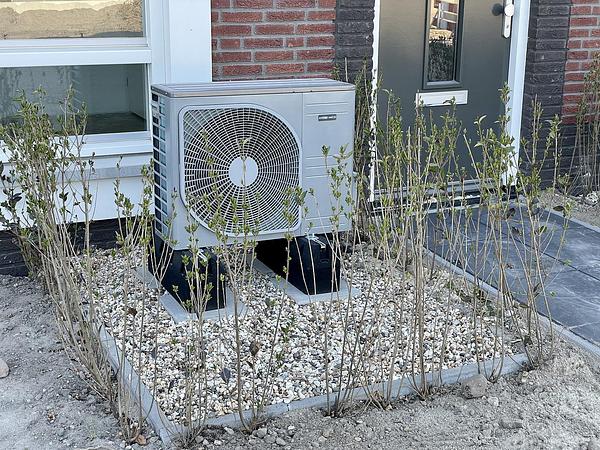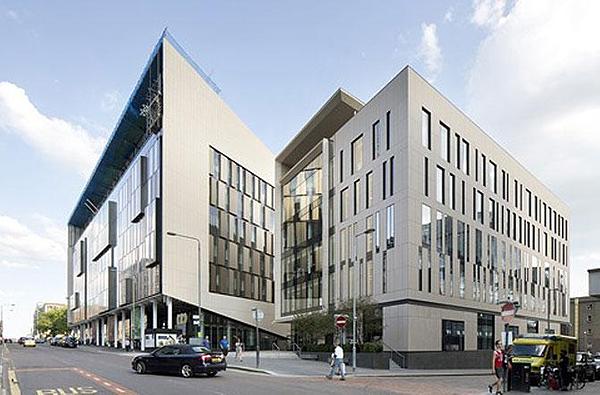September 2023
It is expected that heat decarbonisation will be delivered largely through (renewably powered) electrification, relying primarily on heat pumps with limited contribution from decarbonised gas alternatives. This will require the installation of low carbon heating technologies in buildings, as well as transformative action to decarbonise selected parts of the gas grid, continued decarbonisation of the national electricity grid and significant upgrading of electricity grid capacity and infrastructure.
Renewable Energy Generation
Regulation of the gas and electricity grids is reserved to the UK Government and the Office of Gas and Electricity Markets (Ofgem), however the Scottish government continues to work closely with these parties and Scottish Distribution Network Operators. In March 2021 an agreed a set of principles was published which sets out how Scottish energy policy should be taken into account in decisions about investment in network infrastructure.
The UK electricity grid has been progressively decarbonising since 1990, as more renewable sources are connected to the grid. Local authorities have powers enabling them to produce or sell electricity and heat. Public bodies can further decarbonise their electricity use by installing small-scale microgeneration renewable energy technologies on public buildings and publicly managed land. Renewable Energy Guarantees of Origin (REGOs) certificates can be purchased to indicate that a public body’s electricity has been generated from renewable sources. Further information discussing REGOs and why they cannot be used to sufficiently guarantee renewable supply in the annual PBDCC report can be found here on the SSN website. Advice for public bodies procuring electricity can be found here.
Renewable Heating Sources and Zero Direct Emission Technologies
There are a variety of low emission heating technologies that will be required in order for Scotland to meet its decarbonisation target. The most effective combinations of these to work at scale is not yet clear and will depend on local geographies and building types. Zero direct emission technologies (ZDET) include heat pumps, heat networks, solar photovoltaic and solar thermal storage systems, electric storage heaters, electric boilers, and direct electric heaters. As identified in the Heat in Buildings Strategy, heat pumps and heat networks are the two most low-regret options for existing commercial buildings.


